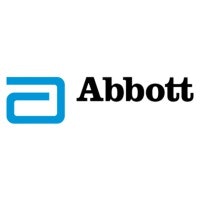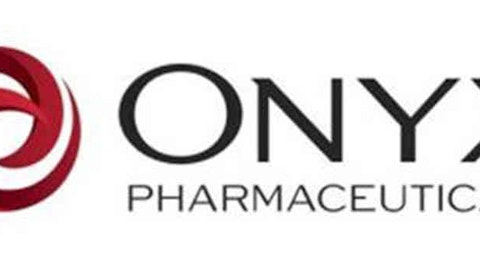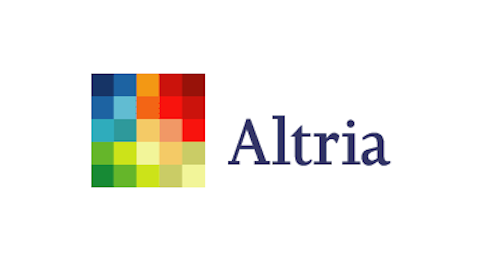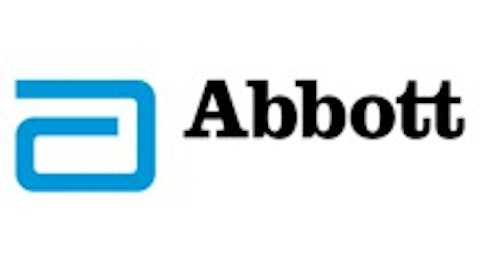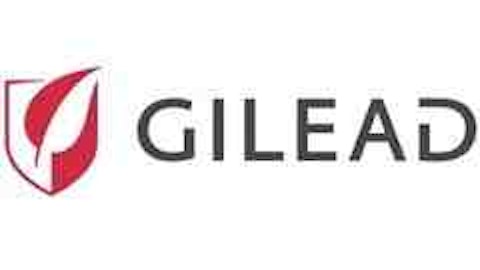Hepatitis C, caused by the hepatitis C virus (HCV), is an infectious disease affecting the liver. An estimated 130 million-200 million people worldwide are infected with hepatitis C, and more than 350,000 people die every year from hepatitis C-related liver diseases.
Diagnosis
HCV is the most common chronic blood-borne infection in the United States and the leading cause of liver transplants, according to the Centers for Disease Control and Prevention. There are at least six different subtypes of the hepatitis C virus, and each responds differently to treatment. On June 20, the U.S. Food and Drug Administration (FDA) approved a test that identifies the genotype of hepatitis C virus (HCV) that a patient is carrying. By using a sample of an infected patient’s blood plasma or serum, the Abbott RealTime HCV Genotype II can differentiate genotypes 1, 1a, 1b, 2, 3, 4, and 5. By knowing the type of HCV a person is infected with, more effective treatment can be given as different HCV genotypes respond differently to available drug therapies.
The Abbott RealTime HCV Genotype II test is manufactured by Abbott Molecular, owned by Abbott Laboratories (NYSE:ABT). Abbott has a strong commitment with a long history to hepatitis and has developed the first commercial tests for detection of hepatitis B and tests for hepatitis A. After the separation of AbbVie Inc (NYSE:ABBV), Abbott Laboratories (NYSE:ABT) focuses more on the diagnostics segment. Fueled by strong revenue growth from point-of-care and core-lab units, the diagnostic segment reported a 4.4% increase in revenue in the last quarter.
The worldwide hepatitis C market is forecast to grow from $3.8 billion in 2011 to $14.5 billion in 2020, boosted by increase in diagnosis rates following an increase in screening, as well as the introduction of more effective and tolerable pipeline agents.
Treatment
While careful screening is essential for the treatment to determine the most appropriate approach for the patient, traditional combination antiviral therapy with interferon and ribavirin still faces some challenges. More effective and better-tolerated drugs are needed. AbbVie Inc (NYSE:ABBV) and Gilead Sciences, Inc. (NASDAQ:GILD) are racing to launch a new generation of all-oral hepatitis C drugs, whereas Gilead’s new drug can cure 95% of patients after eight weeks of therapy and AbbVie Inc (NYSE:ABBV)’s treatment delivered a slightly lower cure rate of 90% in a Phase II trial. Both drugs provide faster cures with less side effects, and the first drug to the market should quickly penetrate the estimated $20 billion market. For Gilead, the new drug is estimated to have annual sales of $6.03 billion by 2016, according to the analysts’ estimates compiled by Bloomberg, whereas analysts are projecting $10.62 billion of total revenue for fiscal 2013. As for AbbVie Inc (NYSE:ABBV), the new hepatitis C drugs could generate annual sales of $3 billion, as estimated by Morningstar analyst Damien Conover. Analysts currently are projecting total annual revenue of $18.48 billion for fiscal 2013 for AbbVie Inc (NYSE:ABBV).
